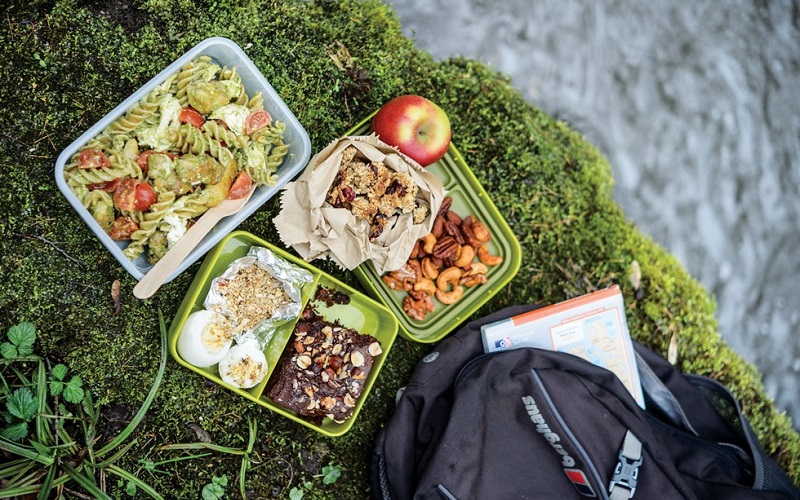When setting off on a hiking trip, most people spend the majority of their time planning the hiking trails and routes they want to follow, leaving the other preparations somewhat lacking. While it’s essential to have your hiking path sorted, there are some hidden hiking dangers you might not even consider.
Even with the best-laid plans, being in the middle of the wilderness means you’re susceptible to radically changing conditions and unknown dangers around you.
The biggest mistake a hiker can make is to assume they know everything about their surroundings, as this nonchalance can be a hidden danger in itself.
A good hiker needs to be prepared for anything that nature can throw at them, and with some hidden dangers lurking in our food supply, sanitation, wildlife, and weather, you should be fully alert to the possibilities of trouble.
Here are the top four hidden hiking dangers to know about and how you can be better prepared.
Hiking Dangers You Should Be Aware Of
As nature enthusiasts, we’re drawn to the allure of the great outdoors, where breathtaking landscapes and invigorating adventures await.
Yet, amidst the beauty, there are lurking dangers that every hiker should be keenly aware of.
From treacherous terrain to unpredictable weather and encounters with wildlife, this article unveils the potential risks and provides valuable insights on how to navigate them safely.
1. Wildlife

Hikers often enjoy the various wildlife and nature that’s spotted on a hike, but there are some small creatures that you should be cautious of.
Various parts of our country are notorious for housing some of our most venomous creatures, so depending on where you live, you’ll need to stay alert.
Honourable mentions include both the Black Widow and Brown Recluse Spiders, which can cause organ damage and sometimes even death.
Scorpions and rattlesnakes are also common and extremely dangerous, so watch the path you take and avoid confrontation when you can.
For the smaller but still serious insects, keep yourself covered in tick repellant and always wear long sleeves and pants when possible.
2. Weather

As much as we can plan for a hike on a sunny day, the weather is always great at shaking things up a bit. A good hiker should be prepared for any type of weather possible to avoid the dangers of a sudden turn in the climate.
Keep yourself hydrated and protected from the sun during the day, and plan ahead for the night even if you expect to be home before the sun sets.
A rainponcho is great for keeping the water at bay, and you should have adequate clothing to cover you for the current temperature.
On the off chance that disaster strikes and you’re unable to make it home, you should plan for nighttime weather too.
Conditions such as hypothermia are a very real threat, even to expert hikers during the summertime.
3. Sanitation

Good hygiene and sanitation are important at all times, but especially when you’re on a hike.
For those who are planning a longer hike away from home, you need to be prepared for the dangers of bacteria and illness that can be caused by poor sanitation.
Keeping fingernails and hands clean after using the bathroom, filtering your water, disposing of waste correctly, and evaluating your water supply before drinking or bathing in it are all simple ways you can avoid the dangers of poor sanitation.
Although you’re outdoors, you should treat your environment with respect and continue the same level of hygiene practice you would indoors.
4. Food

Another possible danger of hiking comes with our food and drink supply, whether you’re sourcing this on your own from the wilderness or bringing along rations.
With so many unknown plant species in our environment, you should never assume anything is safe to eat unless you have absolute confidence and research backing your decision.
If you’re bringing along food, ensure that it’s been chilled if required to avoid the dangers of food poisoning and use caution when preparing it.
Being stuck on a hike with an upset gastrointestinal track is not an ideal way to spend your weekend.
Preparation Is Key
As any good hiker knows, preparation is the key to a successful journey.
Whether you’re planning just a short hike around your local area or something over a few days, you should be fully aware of any possible dangers lurking and plan ahead.
Always have a backup plan for keeping in contact with emergencies, just in case any of these dangers become a real threat to you.
Even the most expert hikers run into problems from time to time, and nobody is immune to the threats of nature and our unique environment.
Resources:



